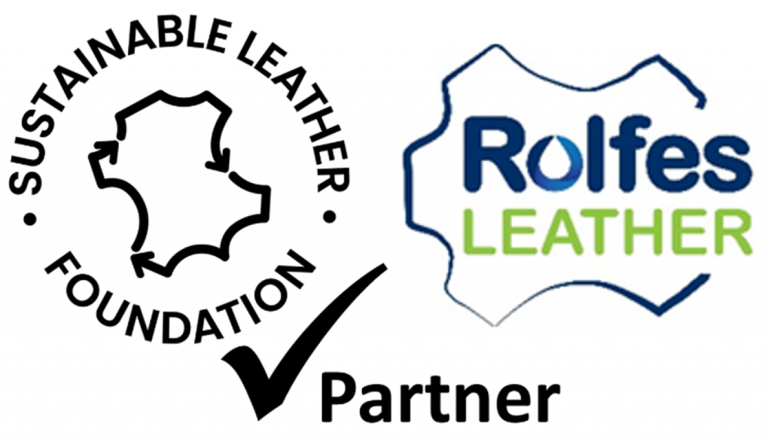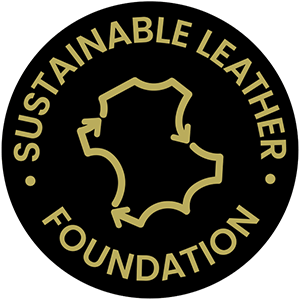We are delighted to welcome Rolfes Leather as a Contributing Partner!
Rolfes Group was established in 1938 as a family business manufacturing lead chrome pigments. Over the years the business has grown and now manufactures and distributes a wide range of market-leading, high-quality chemical and organic products to various industries through their Agricultural, Food, Industrial and Water divisions. Based in South Africa, the company has an international footprint with a customer base that extends to Asia, the rest of Africa, eastern and western Europe, and with operational bases in Botswana, Zambia and Romania.

We are about to embark on the next phase of our Transparency Dashboard evolution – giving visibility to the good work of the Chemical Companies in our industry, and Rolfes Leather is one of the companies that will be working on this development with us. It is really important for the Foundation that our Dashboards are representative of the industry needs and expectations, so having the team at Rolfes supporting this development through provision of expertise and input is really valuable.
Rolfes will join an industry working group that includes other chemical companies such as Smit & Zoon, Silvateam and Leder Chimica, working together in a pre-competitive way, to help the Foundation evaluate what a Chemical Company Dashboard should include. We know that chemical companies take their responsibility very seriously but as yet there is nowhere for them to proactively showcase their performance and certification when it comes to environmental, social and governance responsibility.
Quintin Marais, Managing Director of Rolfes Leather commented “We are very excited to join SLF, and we are looking forward to participating in the development stage as well as seeing the final product”.
Sustainable Leather Foundation supports the leather industry through an Accessible, Inclusive, Modular (A.I.M.) approach that is represented through a Transparency Dashboard™. Coupled with a certification programme that alleviates duplication of effort, by first recognising any existing certifications and mapping them onto the Dashboard before then evaluating any gaps in performance or certification. Putting the emphasis on meeting a required standard instead of who the provider is, makes it a more equitable and accessible model that gives brands and other value chain customers a real methodology for creating strong partnerships with their suppliers both now and into the future.
